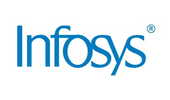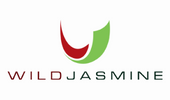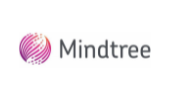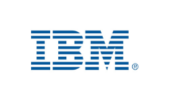Call:
+91- 8310884090
Email Us:
info@mhrconsultancy.in
Visit Us:
Novel Tech Park, Kudlu Gate, Hosuru Road, Bengaluru
Python Course For Your Career Growth
Get Python training with certified Human Resources experts. We rated as best Python training institute with 100% Placement assistance.
A Python Training Course is an educational program designed to teach individuals how to use the Python programming language. Python is a versatile and widely-used programming language known for its simplicity, readability, and extensive community support. Python is used in various domains, including web development, data science, artificial intelligence, machine learning, automation, and more.
























